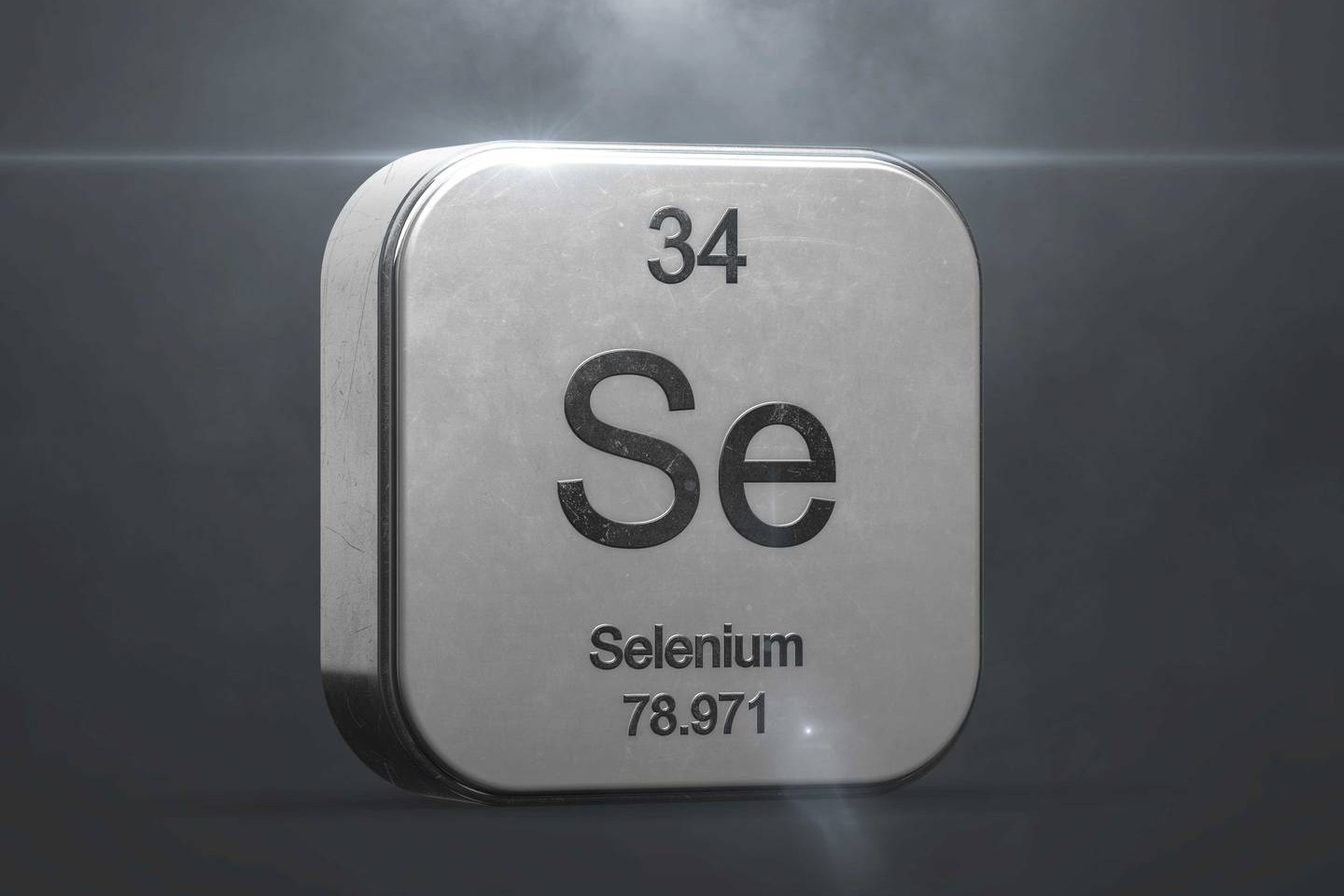
Selenium is a vital mineral that plays a crucial role in maintaining good health. Found in soil, water, and some foods, this nutrient is essential for various bodily functions. But what exactly makes selenium so important? Selenium helps boost the immune system, supports thyroid function, and acts as a powerful antioxidant. It even plays a role in preventing cell damage. Foods like Brazil nuts, seafood, and eggs are rich in this mineral. However, too much or too little can lead to health issues. Curious about more? Here are 25 fascinating facts about selenium that will help you understand its significance better.
What is Selenium?
Selenium is a chemical element with the symbol Se and atomic number 34. It is a nonmetal with properties that are intermediate between those of its periodic table column-adjacent elements sulfur and tellurium. Selenium is used in various industries and has some fascinating characteristics.
- Selenium was discovered in 1817 by Jöns Jacob Berzelius, a Swedish chemist.
- It is named after the Greek word "selene," which means moon.
- Selenium is found in several different forms, including red, black, and gray allotropes.
- It is a semiconductor, meaning it can conduct electricity better than an insulator but not as well as a conductor.
- Selenium is often used in photocells and solar cells due to its photovoltaic properties.
Selenium in Nature
Selenium occurs naturally in the environment, primarily in soil, water, and certain foods. Its presence in nature plays a significant role in various biological processes.
- Selenium is most commonly found in sulfide ores such as pyrite.
- It is essential for the proper functioning of the immune system in humans and animals.
- Plants absorb selenium from the soil, which then enters the food chain.
- Brazil nuts are one of the richest dietary sources of selenium.
- Selenium deficiency can lead to health problems like Keshan disease and Kashin-Beck disease.
Industrial Uses of Selenium
Selenium has a wide range of applications in various industries, from electronics to glass manufacturing. Its unique properties make it valuable in many technological processes.
- Selenium is used in the glass industry to decolorize glass and to make red-colored glasses and enamels.
- It is used in the production of pigments for ceramics, paints, and plastics.
- Selenium is an important component in the manufacturing of stainless steel.
- It is used in the electronics industry for rectifiers and photocells.
- Selenium is also used in the production of solar panels due to its photovoltaic properties.
Selenium in Health and Medicine
Selenium is not just an industrial element; it also has significant health benefits. It is a vital nutrient for humans and animals, contributing to various physiological functions.
- Selenium is a key component of selenoproteins, which are important for antioxidant defense and thyroid hormone metabolism.
- It has been studied for its potential role in cancer prevention.
- Selenium supplements are often recommended for people with low dietary intake.
- It plays a role in DNA synthesis and reproductive health.
- Excessive selenium intake can lead to a condition called selenosis, characterized by symptoms like gastrointestinal distress, hair loss, and neurological damage.
Environmental Impact of Selenium
While selenium is beneficial in small amounts, its environmental impact can be significant, especially when it accumulates in high concentrations.
- Selenium pollution can occur from industrial processes like mining and agriculture.
- High levels of selenium in water can be toxic to aquatic life.
- Selenium bioaccumulation in the food chain can affect wildlife, particularly birds and fish.
- Efforts are being made to manage and mitigate selenium pollution through environmental regulations and remediation techniques.
- Phytoremediation, using plants to remove selenium from the soil, is one method being explored to address selenium contamination.
Selenium's diverse applications and essential role in health make it a fascinating element worth knowing about.
Final Thoughts on Selenium
Selenium is a game-changer in the world of web testing. Its ability to automate browsers makes it a favorite among developers and testers. With support for multiple programming languages like Java, Python, and C#, it offers flexibility and ease of use. Selenium WebDriver, the most popular tool in the suite, allows for more advanced testing scenarios. Its open-source nature means a strong community backing, providing plenty of resources and support. However, it’s not without its challenges. Setting up Selenium can be tricky, and it may require additional tools for comprehensive testing. Despite these hurdles, its benefits far outweigh the drawbacks. From cross-browser testing to integration with CI/CD pipelines, Selenium proves invaluable. Whether you’re a seasoned developer or a newbie, mastering Selenium can significantly boost your testing capabilities. Dive in, explore its features, and see how it can streamline your testing process.
Was this page helpful?
Our commitment to delivering trustworthy and engaging content is at the heart of what we do. Each fact on our site is contributed by real users like you, bringing a wealth of diverse insights and information. To ensure the highest standards of accuracy and reliability, our dedicated editors meticulously review each submission. This process guarantees that the facts we share are not only fascinating but also credible. Trust in our commitment to quality and authenticity as you explore and learn with us.
